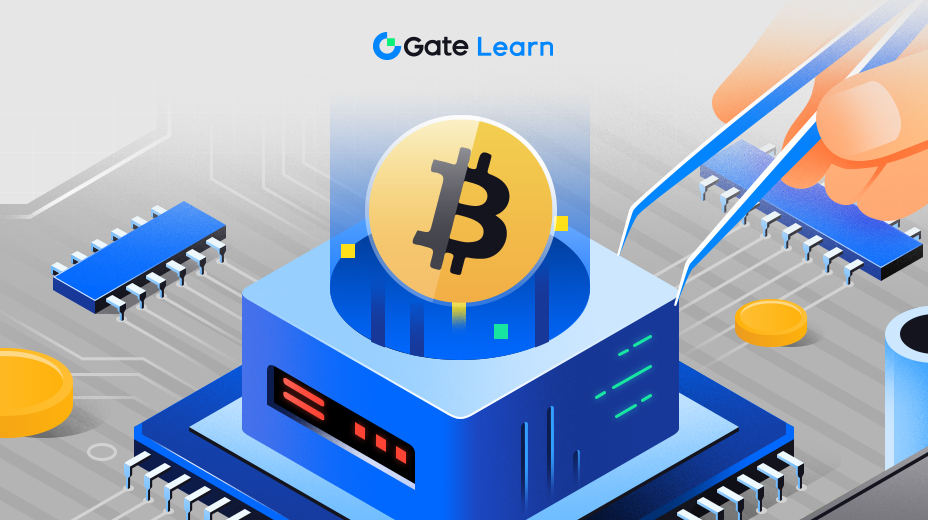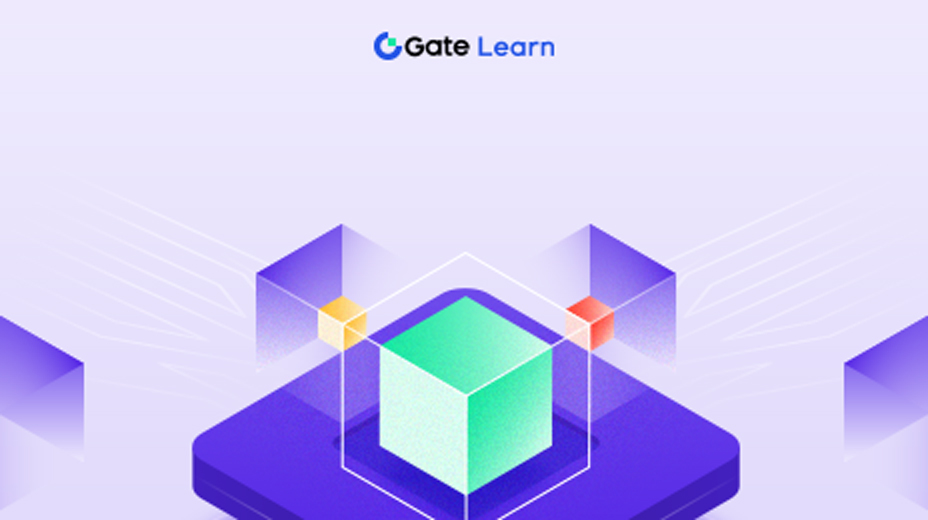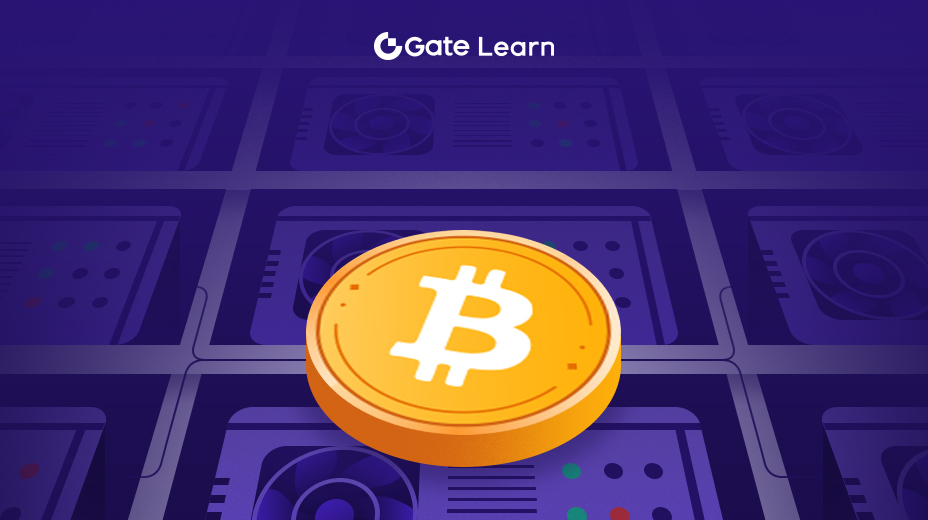الميزات الأساسية والرمزية
يلقي الدرس الثاني نظرة على وظائف Scroll الأساسية واقتصادياتها المميزة، مع التركيز على دورها كحل للتوسع من الطبقة الثانية لـ Ethereum. وهي تستخدم آلة إيثريوم افتراضية ذات معرفة صفرية (zkEVM) لمعالجة المعاملات خارج السلسلة، مما يعزز قابلية التوسع والأمان. يتيح هذا الإعداد التوافق مع عقود Ethereum الذكية الحالية دون تعديلات. بالإضافة إلى ذلك، تم تصميم Scroll Token المتوقع لدعم الحوكمة والتحفيز والمنفعة داخل النظام البيئي، مما قد يعزز مشاركة المستخدمين والمطورين من خلال تكامله الاستراتيجي عبر تطبيقات Scroll المالية اللامركزية.
الوظائف الأساسية للتمرير

يعمل Scroll كحل للتوسع من الطبقة الثانية لـ Ethereum، مما يعزز في المقام الأول قابلية التوسع والأمان في blockchain. يتم تحقيق ذلك من خلال تطبيق zkEVM (آلة إيثريوم الافتراضية ذات المعرفة الصفرية)، والذي يسمح لـ Scroll بمعالجة المعاملات خارج سلسلة إيثريوم الرئيسية. يؤدي هذا النهج إلى تقليل الحمل على شبكة Ethereum الرئيسية بشكل كبير، مما يؤدي إلى تسريع معالجة المعاملات وخفض التكاليف على المستخدمين.
تعزيز قابلية التوسع في الإيثريوم
يعمل Scroll على تعزيز قابلية التوسع في Ethereum من خلال تجميع المعاملات المتعددة في دفعة واحدة والتحقق منها من خلال إثباتات المعرفة الصفرية قبل كتابتها مرة أخرى إلى Ethereum. تقلل هذه الطريقة بشكل كبير من بيانات المعاملات التي يجب معالجتها وتخزينها على شبكة إيثريوم الرئيسية، مما يؤدي بدوره إلى خفض رسوم الغاز وتعزيز إنتاجية المعاملة. الميزة الفريدة لـ Scroll هي zkEVM، والتي تضمن معالجة هذه المعاملات بطريقة متوافقة مع العقود الذكية الحالية لـ Ethereum، ولا تتطلب أي تعديلات من المطورين.
تحسينات أمنية
تحافظ Scroll على معايير أمنية عالية من خلال استخدام إثباتات المعرفة الصفرية، وهو شكل من أشكال إثبات التشفير الذي يسمح لأحد الأطراف أن يثبت للآخر أن بيانًا معينًا صحيح، دون نقل أي معلومات إضافية بصرف النظر عن حقيقة أن البيان صحيح بالفعل. تضمن هذه التقنية أنه على الرغم من معالجة المعاملات خارج السلسلة، إلا أنها تظل آمنة ومضادة للتلاعب عند إعادة دمجها في شبكة إيثريوم الرئيسية. تتضمن بنية Scroll أيضًا عمليات تدقيق متعددة واختبارًا مستمرًا لضمان الأمان والوظائف القوية قبل نشر التحديثات أو الميزات الجديدة (أخبار Blockchain).
التكامل مع الايثيريوم
أحد الجوانب الرئيسية في Scroll هو تكاملها العميق مع Ethereum. لقد تم تصميمه ليكون متوافقًا تمامًا مع أدوات Ethereum الحالية والعقود الذكية. ويعني هذا التكامل السلس أنه يمكن للمطورين ترحيل تطبيقاتهم إلى Scroll دون الحاجة إلى تغيير التعليمات البرمجية الخاصة بهم، مما يجعلها حلاً عمليًا لمشاريع Ethereum الحالية التي تبحث عن حلول قابلة للتوسع. تشجع طبيعة المنصة مفتوحة المصدر على مشاركة المجتمع ومساهمته، مما يزيد من مواءمتها مع روح إيثريوم اللامركزية.
تجعل هذه الوظائف Scroll عنصرًا حيويًا في النظام البيئي الأوسع لـ Ethereum، بهدف معالجة بعض تحديات قابلية التوسع التي تواجهها blockchain مع ضمان عدم المساس بالأمن واللامركزية.
الميزات الرئيسية - تقنية zkEVM وفوائدها

zkEVM (آلة Ethereum الافتراضية ذات المعرفة الصفرية) هي تقنية متقدمة تستخدمها Scroll لتعزيز قابلية التوسع والأمان في blockchain Ethereum. لقد تم تصميمه لمحاكاة سلوك جهاز Ethereum الظاهري (EVM) بشكل كامل، مما يتيح الانتقال والتوافق السلس لتطبيقات Ethereum الحالية. وهذا يعني أنه يمكن للمطورين ترحيل عقودهم الذكية إلى Scroll دون أي تعديلات، مع الحفاظ على منطق التشغيل الأصلي وانتقالات الحالة لتطبيقاتهم.
فوائد zkEVM لمعادلة EVM
الميزة الأكثر أهمية لتقنية zkEVM هي معادلة EVM. على عكس التوافق الأساسي لـ EVM، والذي قد يتطلب تغييرات في التعليمات البرمجية الحالية للتكيف مع الظروف الجديدة، يضمن تكافؤ EVM أن العقود الذكية والتطبيقات اللامركزية (dApps) يمكن تشغيلها على Scroll تمامًا كما تفعل على شبكة Ethereum الرئيسية. يعد هذا التكافؤ أمرًا حيويًا للحفاظ على سلامة التطبيقات وسلوكها المتوقع عند الانتقال إلى حل الطبقة الثانية، مما يوفر للمطورين بيئة متسقة ويمكن التنبؤ بها.
تعزيز تجربة المستخدم من خلال التكامل السلس
لا يحافظ تطبيق Scroll لـ zkEVM على الخصائص التشغيلية لـ Ethereum فحسب، بل يعزز أيضًا تجربة المستخدم من خلال توفير معالجة أسرع للمعاملات وتكاليف معاملات أقل بشكل ملحوظ. باستخدام zk-proofs، يمكن لـ Scroll تجميع معاملات متعددة وتنفيذها خارج السلسلة، مع تسوية تغييرات الحالة النهائية فقط على شبكة Ethereum الرئيسية. تقلل هذه الطريقة بشكل كبير من ازدحام الشبكة والرسوم المرتبطة بمعالجة المعاملات على إيثريوم، مما يجعلها أكثر قابلية للتطوير وأكثر كفاءة.
اللامركزية والأمن
تحافظ Scroll على تركيز قوي على اللامركزية والأمن، وهي جوانب حاسمة في تكنولوجيا blockchain. يتضمن تصميم zkEVM إثباتات المعرفة الصفرية، وهي بروتوكولات تشفير تسمح بالتحقق من صحة المعاملات دون الكشف عن أي تفاصيل للمعاملة، وبالتالي تعزيز الخصوصية والأمان. علاوة على ذلك، تم تصميم Scroll ليكون مفتوح المصدر وموجهًا نحو المجتمع، مما يشجع المساهمات وعمليات التدقيق من المجتمع للحفاظ على الشفافية والثقة.
يمثل استخدام تقنية zkEVM بواسطة Scroll خطوة مهمة إلى الأمام في البحث عن حلول blockchain قابلة للتطوير وآمنة وفعالة. إنه يضمن أنه بينما يستمر Ethereum في النمو، فإنه قادر على التعامل مع الطلب المتزايد دون التضحية باللامركزية أو الأمن الذي يعتبر أساس نجاحه.
رمز التمرير
من المتوقع أن يلعب Scroll Token دورًا حاسمًا في تشغيل وأمن شبكة Scroll. ويمكن استخدامه لدفع رسوم المعاملات، مثلما يتم استخدام ETH على Ethereum، مما يضمن معالجة المعاملات على حل Scroll Layer 2 بكفاءة. يمكن لهذه الأداة أن تقلل التكلفة وتزيد من سرعة المعاملات، مما يجعل الشبكة أكثر جاذبية للمطورين والمستخدمين.
الحكم
تعد الحوكمة جانبًا مهمًا آخر من Scroll Token. من المرجح أن يتمتع حاملو الرموز المميزة بحقوق التصويت، مما يسمح لهم بالمشاركة في القرارات المهمة المتعلقة بتطوير وتوجيه النظام البيئي Scroll. يمكن أن يشمل ذلك قرارات بشأن الترقيات وتغييرات البروتوكول وتخصيص أموال خزانة المجتمع. يتماشى التركيز على نموذج الحوكمة اللامركزية مع الروح الأوسع لمجتمع البلوكشين، مما يعزز الشفافية ومشاركة المستخدمين.
التكامل داخل النظام البيئي
من المتوقع أن يتم دمج Scroll Token بعمق في النظام البيئي، حيث يعمل كمكون رئيسي لمختلف التطبيقات والأنظمة الأساسية المبنية على Scroll. على سبيل المثال، قد تستخدم تطبيقات التمويل اللامركزي (DeFi) على Scroll الرمز المميز لتوفير السيولة أو الرهن العقاري أو كضمان لخدمات الإقراض والاقتراض. يعمل هذا التكامل على تعزيز فائدة الرمز المميز والطلب عليه، مما قد يؤدي إلى زيادة قيمته مع نمو النظام البيئي.
المضاربة والمشاركة المجتمعية
هناك اهتمام كبير بالمضاربة حول Scroll Token، لا سيما فيما يتعلق بقيمته والفوائد الإستراتيجية التي قد يقدمها للمتبنين الأوائل والمساهمين في النظام البيئي. يمكن أن تؤدي مشاركة المجتمع من خلال عمليات الإنزال الجوي المحتملة والمكافآت مقابل المشاركة إلى زيادة الاهتمام والنشاط على المنصة.
في حين أن التفاصيل والميزات الدقيقة لـ Scroll Token لم يتم الكشف عنها بالكامل بعد، فإن الأهمية الإستراتيجية للرمز المميز في تسهيل نظام بيئي blockchain قوي وقابل للتطوير ومرتكز على المستخدم واضحة. مع استمرار تطوير منصة Scroll وتوسيعها، من المتوقع أن يصبح دور Scroll Token أكثر تحديدًا، مما يوفر العديد من الفرص للمستخدمين والمطورين في مجال blockchain.





